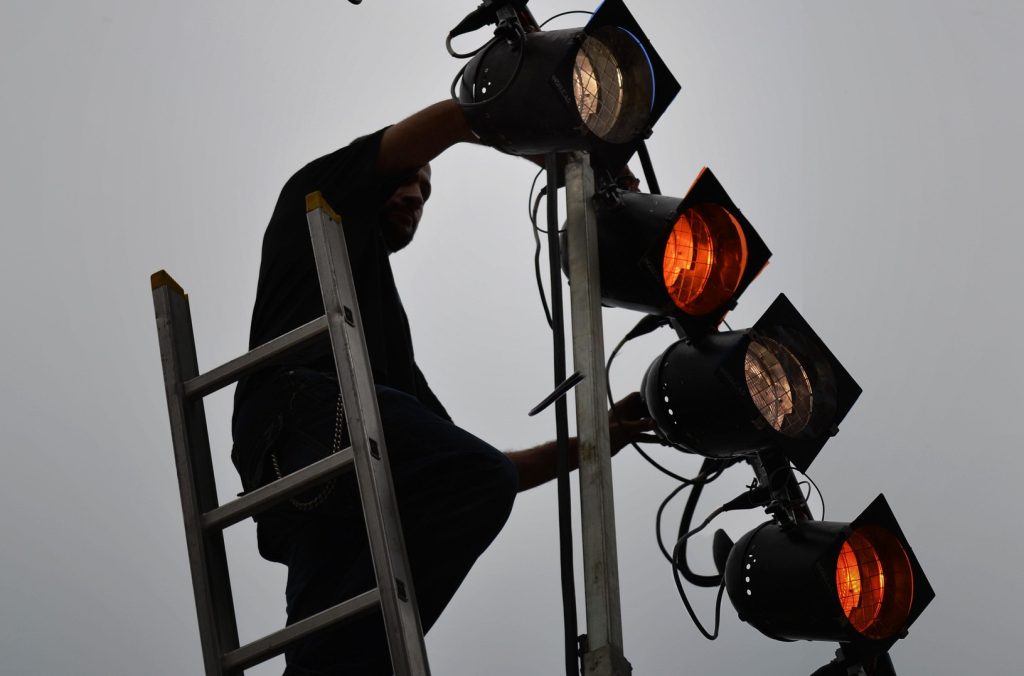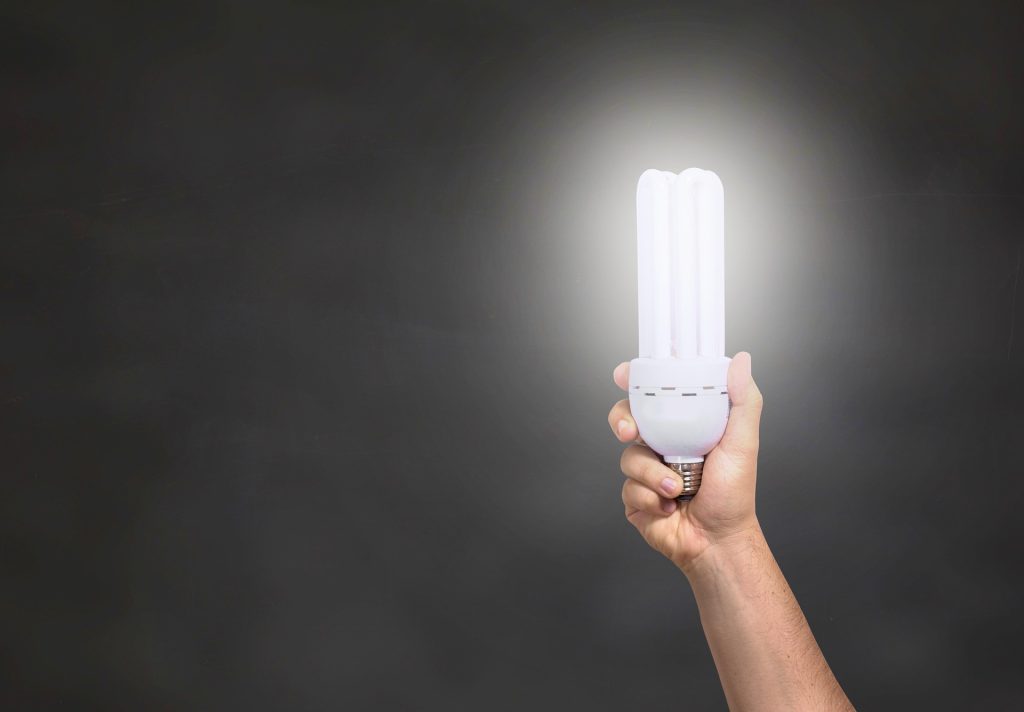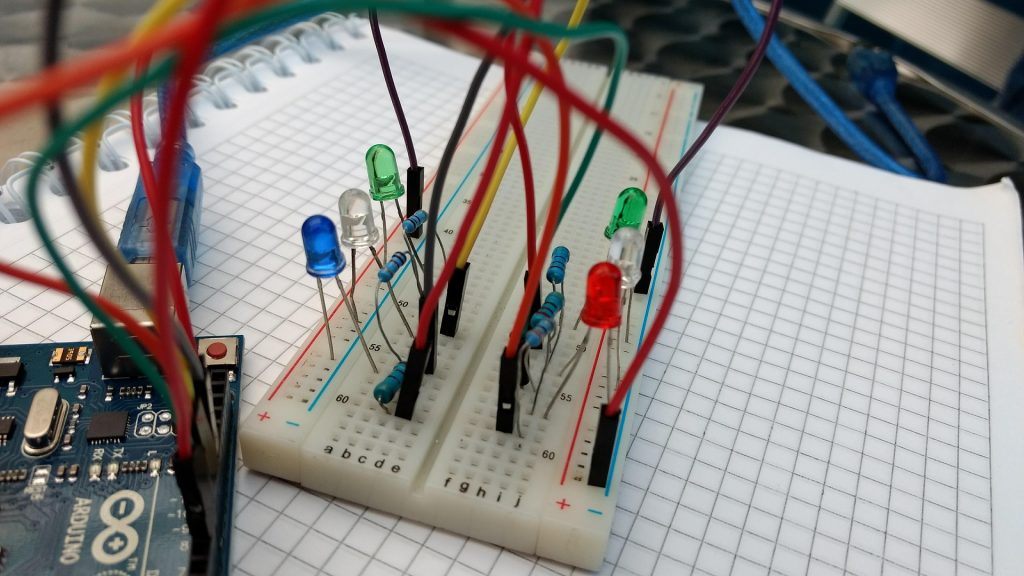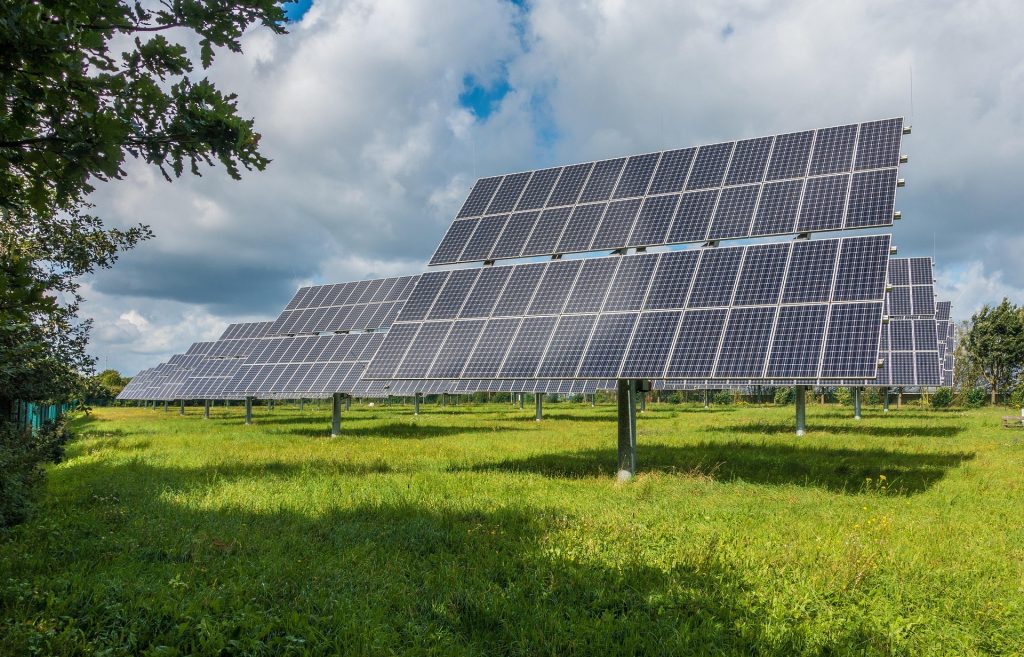The world is shifting towards renewable energy sources, such as solar and wind power, to reduce our reliance on fossil fuels and mitigate climate change. Electrical engineering plays a crucial role in the development and implementation of renewable energy systems. In this article, we’ll explore the role of electrical engineering in renewable energy systems. Design and Development Electrical engineers design and develop renewable energy systems, including solar panels, wind turbines, and power transmission systems. They ensure that these systems are efficient, reliable, and safe. Power Electronics Power electronics is a key area of electrical engineering that deals with the control and conversion of electrical power. In renewable energy systems, power electronics is used to convert DC power from solar panels or wind turbines into AC power that can be fed into the grid. Grid Integration Electrical engineers work on integrating renewable energy systems into the grid, ensuring that they operate in harmony with traditional power sources. This includes designing control systems, protection systems, and communication systems. Energy Storage Energy storage is a critical component of renewable energy systems, as it allows for the storage of excess energy generated during periods of low demand. Electrical engineers design and develop energy storage systems, such as batteries, to optimize the efficiency and reliability of renewable energy systems. Control Systems Control systems are used to monitor and control the operation of renewable energy systems. Electrical engineers design and develop control systems that optimize energy production, reduce wear and tear on equipment, and ensure safe operation. Benefits of Electrical Engineering in Renewable Energy The application of electrical engineering in renewable energy systems has numerous benefits, including: Conclusion Electrical engineering plays a vital role in the development and implementation of renewable energy systems. From design and development to grid integration and energy storage, electrical engineers are essential to the success of renewable energy projects. If you’re looking for a partner to help you with your renewable energy needs, consider Tadoben Electrical Engineering Company. Our team of experienced electrical engineers is dedicated to providing innovative solutions that meet the unique needs of renewable energy systems. Get in Touch If you have any questions or would like to learn more about our renewable energy services, please don’t hesitate to contact us. We’re here to help you harness the power of renewable energy and create a more sustainable future.




